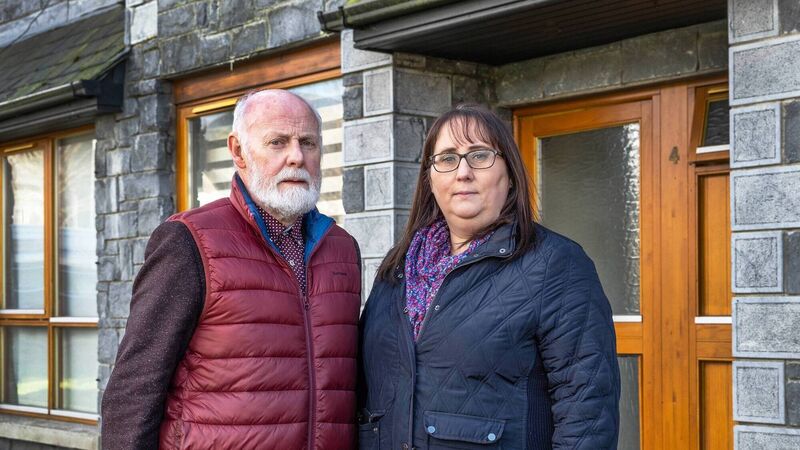Mick Clifford: State left with the bill for a problem of developers' making

Micheal O'Reilly and Claire Ryan at The Oaks, Lakepoint, Mullingar, Co. Westmeath. Ms Ryan moved out of her apartment in 2019. By then, she was a mother and afraid of living with her daughter in an unsafe home. Photo Bob Morrison
The devil lurks in the detail of the apartment remediation scheme announced this week.
On Wednesday, the Minister for Housing Darragh O’Brien stated that the scheme to repair and repay apartment owners for defective construction could cost up to €2.5bn. That level of redress has resulted in conniptions among some of the senior officials in the Department of Finance charged with looking after the State’s coffers.














